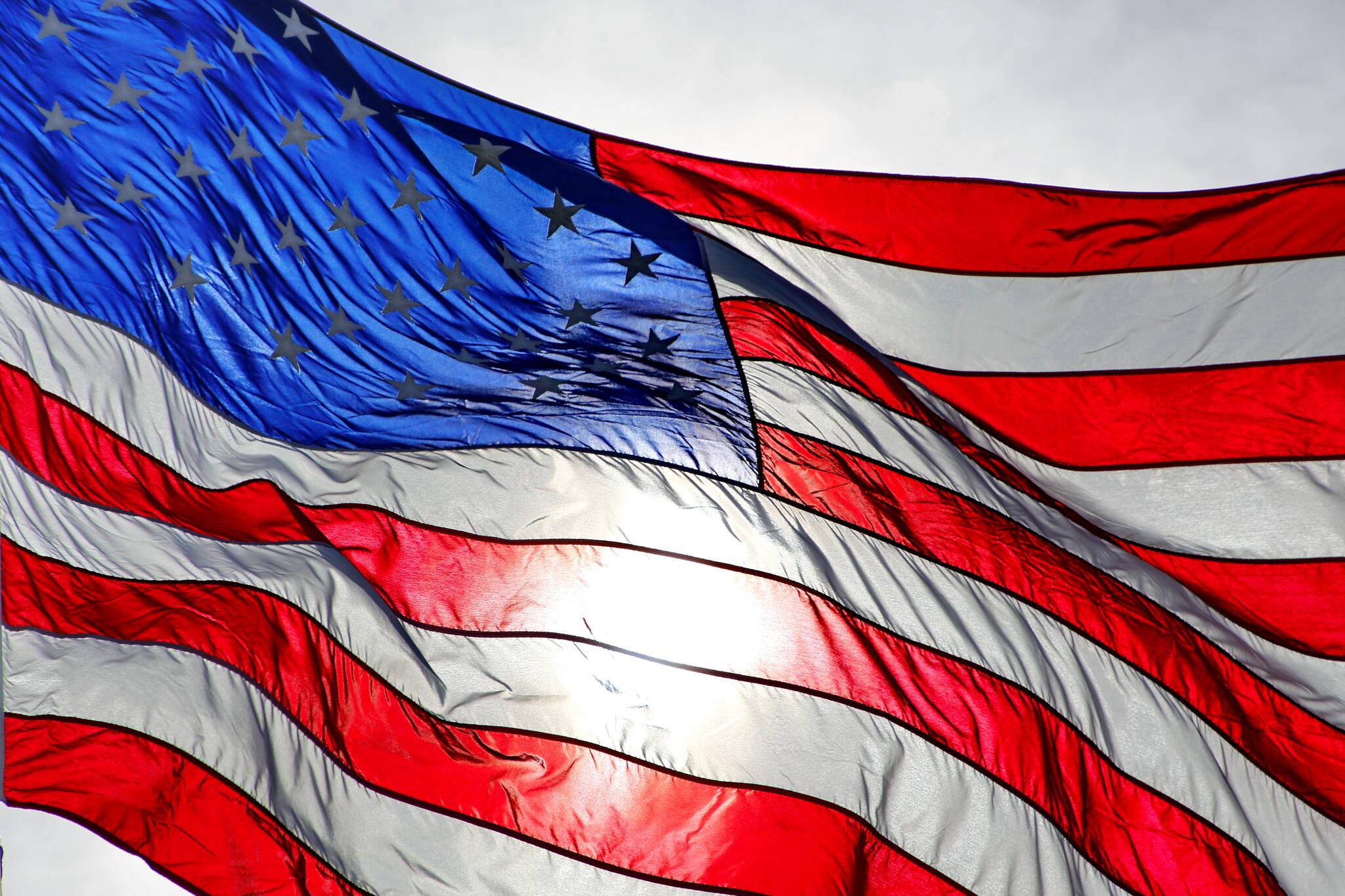By Caroline F. Malseed
In case you have not been exposed to any mass media on the last month, let me remind you: 20 years ago, 19 hijackers carried out the most devastating terrorist attack in the history of the world, on our homeland. On that day, 2,996 persons died.
The World Trade Center has personal meaning for me. The year I was pregnant with my daughter, we lived on Staten Island in New York. I took the ferry every day to lower Manhattan and then walked up Broadway, past the Trade Center, to my job about 20 blocks north. The massive towers cast long shadows that meant relief from the heat of a New York summer afternoon, but sharpened the cold of winds blasting between buildings on a January night.
Numerous times, my husband and I took our parents out to dinner at Windows on the World, the restaurant at the top of the center. Just entering the restaurant thrilled us: the gilded lobby; the breathtaking elevator ride up; the splendid, enormous, multicolored quartz crystals decorating the restaurant’s entryway. And then, taking our seats, we gazed awestruck over the cityscape, brilliant in daylight and stunning at night. All this before we even glanced at a menu.
And then there was the waitstaff, proper, formal, impeccably trained. Many were immigrants or representatives of minority communities; scoring a job at this restaurant meant opportunity for them and for their families. I have to wonder how many hands that placed escargot or Coquilles St. Jacques before me, were immolated in the fire or crushed in the collapse on that awful day, Sept. 11, 2001.
We moved from New York in the 1990s and arrived in Juneau in 2000. I was shooing my children out our door to school one morning when a parishioner approached and gasped out, “Go turn on your TV! The towers have fallen!” Shocked, I did as he said, and stared at a location well known to me, hideously transformed. On autopilot, I went to work that morning as I always did. But I remember being too shocked to do anything except answer the phone calls that interrupted my stunada, my close-to-comatose state of mind.
I lost people I knew that day, too: a little boy I once babysat for, now grown up and working at a finance company, died when the towers fell. So did a parishioner who had belonged to a church we served in suburban New Jersey, where many people commuted to lower Manhattan. So yes, the 9/11 attacks are personal to me. Although I was not present for any of the attacks, part of me died that day.
Still, as a Christian and a pacifist, I am deeply troubled by our nation’s response to this horrendous, criminal set of events. It has never been clearly established, in my mind, whether the terrorists represented the will and intention of any national government, or if so, which government that might have been.
The Watson Institute of International and Public Affairs of Brown University has published a devastating set of facts that document the effects of our response to the Sept. 11, 2001, terrorist attacks.
Consider that our military actions resulted in the deaths of 801,000 people over the past 20 years. Those numbers include 14,986 American military, contractors and civilian personnel. The numbers also include 48,000 civilian citizens of Afghanistan, Pakistan, Iraq, Syria, Yemen and other countries.
I can barely comprehend the enormity of international devastation that has taken place over the past 20 years. A great evil was visited upon us; but I wonder if our response has made us, or any place in the world, safer, calmer, more peaceful.
Except in the historical books of the Hebrew scripture that document Israel’s movement into Canaan and the resulting conflicts with the Indigenous tribes there, the Hebrew and Christian scriptures primarily preach justice, reconciliation and peace.
Do justice, love mercy, walk humbly with your God.
Beat your swords into plowshares.
If someone strikes you, turn and offer him the other cheek.
And finally, Jesus, from the cross: “Father, forgive them, for they know not what they do.”
I recognize that international relations are not theological in nature, and that they are delicate, complex and guided by established historical strategies and policies.
But I have to ask: is an eye for an eye working for us? How about retaliation as public policy?
Can we not make reconciliation itself not a goal but a strategy? Can we find a way to make forgiveness a methodology to find peace?
I pray that we will find a way to become the physicians who heal themselves.
As we say at the end of each worship service: Go in peace to love and serve the Lord.
• The Rev. Caroline F. Malseed is the priest-in-charge, of St. Brendan’s Episcopal Church. “Living & Growing” is a weekly column written by different authors and submitted by local clergy and spiritual leaders. It appears every Friday on the Juneau Empire’s Faith page.

